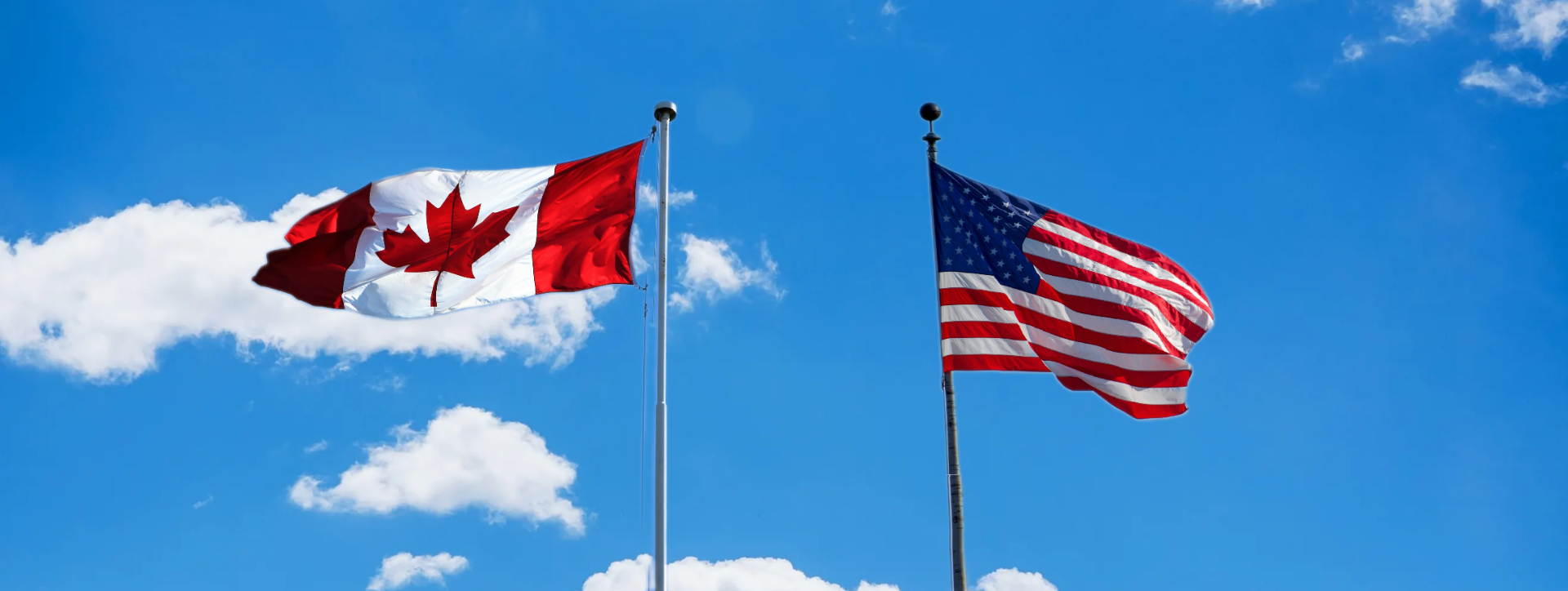As the federal cabinet gathers in Halifax for a crucial three-day meeting, Labour Minister Steven MacKinnon was pressed by reporters about the ongoing labour disputes at Canadian National Railway (CN) and CPKC (Canadian Pacific Kansas City). The discussions took on added significance with the attendance of White House national security adviser Jake Sullivan.
Minister MacKinnon emphasized the government’s difficult decision to move the disputes to binding arbitration. “We took a decision that we believe was in the public interest and in workers’ interest,” MacKinnon stated. “When you think of chlorine supplies for municipalities, propane deliveries to hospitals, and commuters in our three largest cities who rely on railway services, it was imperative to act.” He also highlighted the staggering economic losses that could have ensued, estimating over a billion dollars a day in economic disruptions across various sectors.
MacKinnon acknowledged the essential contributions of the 9,000 railway workers affected by the disputes, recognizing the critical role they play in Canada’s economy. However, he stressed the importance of avoiding what Deputy Prime Minister Chrystia Freeland termed “an act of economic self-sabotage,”.
https://www.cpkcr.com/en/media/CPKC-restart-aug-24-2024
The decision to push for binding arbitration has not been without controversy. Paul Boucher, head of the Teamsters Union, has been vocal in his opposition, urging union members to protest in Halifax during the cabinet meeting. MacKinnon, however, remained firm in his stance, expressing confidence that arbitration is a fair and effective means of resolving the dispute.
“I met with Mr. Boucher in the days leading up to the deadline and again today outside the hotel,” MacKinnon explained. “We understand that the Teamsters will continue to fight for what they believe they deserve until a contract is signed, but binding arbitration is a good way to achieve those goals.”
MacKinnon pointed out the broader economic implications of the dispute, noting that a third of the goods transported by rail in Canada are exported to the United States. “These are major economic consequences, not just for our country, but also for unionized workers across the nation,” he added.
Addressing questions about the lack of competition in the railway industry, which is dominated by CN and CPKC, MacKinnon admitted that extensive consolidation has occurred continent-wide. However, he sidestepped any discussion of industry structure, focusing instead on the importance of continued investment in railway infrastructure and services.
https://www.cn.ca/en/news/2024/08/cn-receives-order-of-binding-arbitration
“Canada is a geographically vast country that requires substantial investment in miles of track and the workforce to maintain and operate it,” MacKinnon said. “We are heavily reliant on that infrastructure, and it’s crucial that our railways continue to improve and support our economy.”
When pressed on the possibility of another work stoppage, MacKinnon expressed optimism that operations would resume without further disruption. “We expect that railway workers and the railways themselves will restart operations, and my information is that the process is already significantly underway,” he noted.
Jake Sullivan, the White House national security adviser, also spoke with reporters in Halifax. Sullivan’s presence underscores the importance of the Canada-U.S. relationship, particularly in the context of economic and security concerns.
Sullivan emphasized the close ties between the two countries, not only in terms of geography but also in shared values and economic interests. “The U.S. and Canada are neighbors in a geographic sense, but it’s also true in a much deeper sense,” Sullivan said. “Our discussions here in Halifax are focused on a range of issues, from technology and the clean energy transition to broader geopolitical challenges.”
Sullivan also acknowledged the labour tensions in both countries, noting that workers in Canada and the United States are seeking higher wages in the face of inflation and rising costs of living. “We are going to have tensions at bargaining tables across all sectors, and that’s also true in the United States,” he remarked.
With the federal cabinet meeting set to continue, all eyes will be on Halifax as the government navigates the complex challenges of labour relations, economic recovery, and international cooperation.

